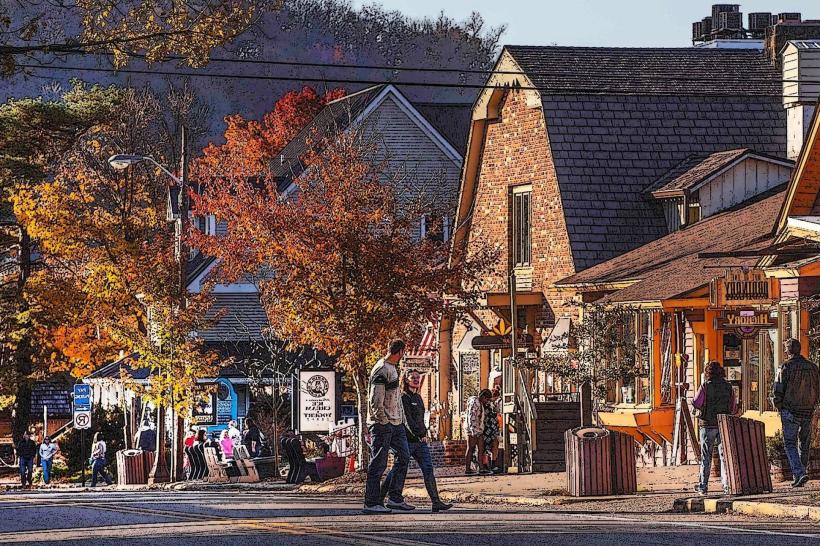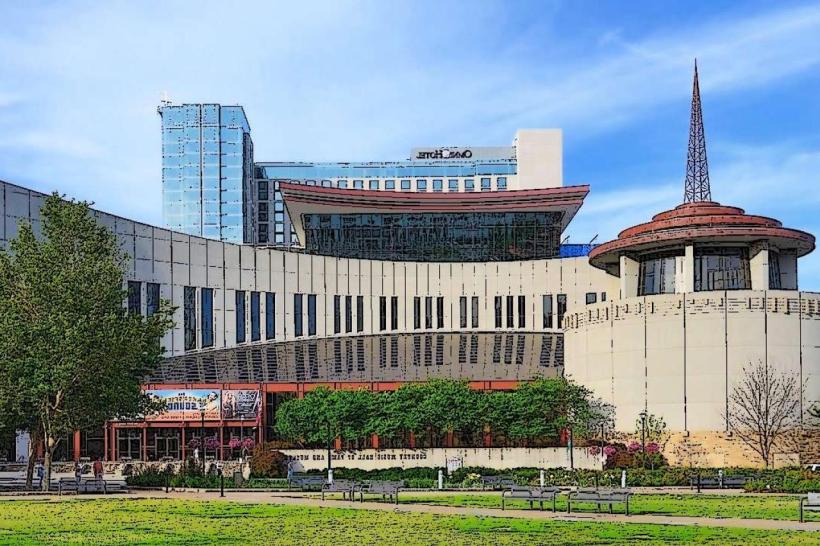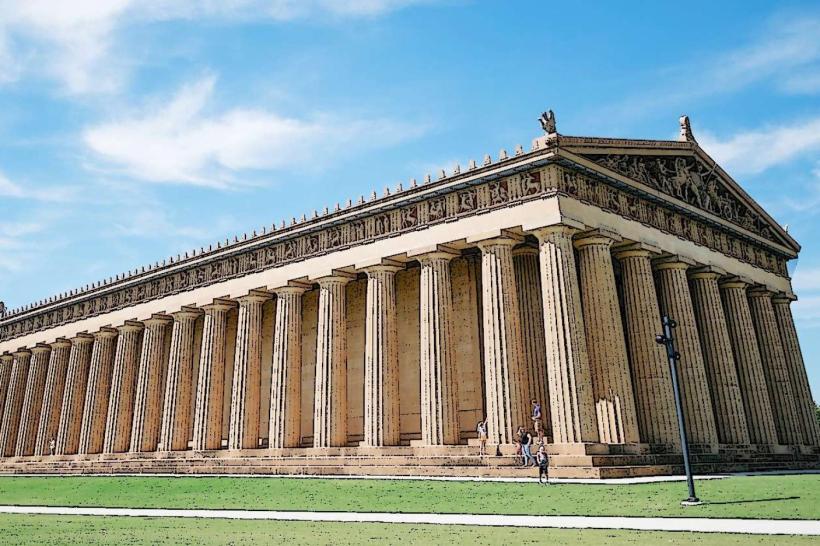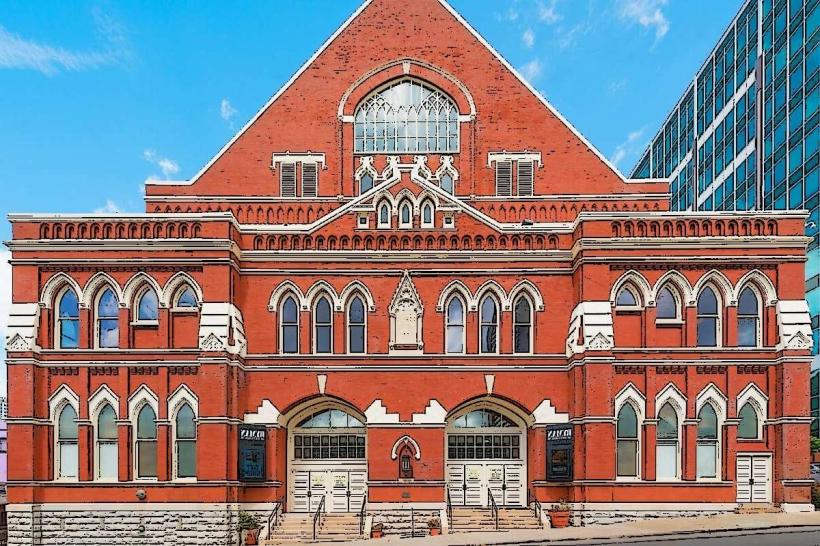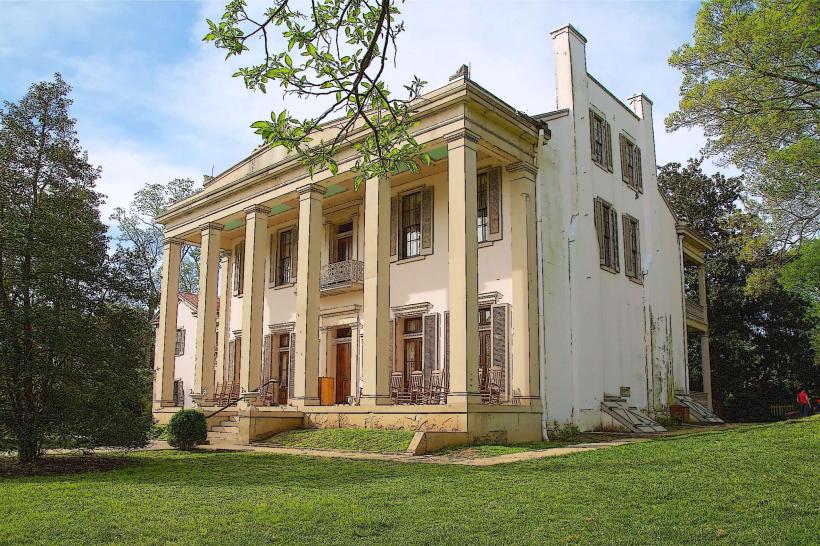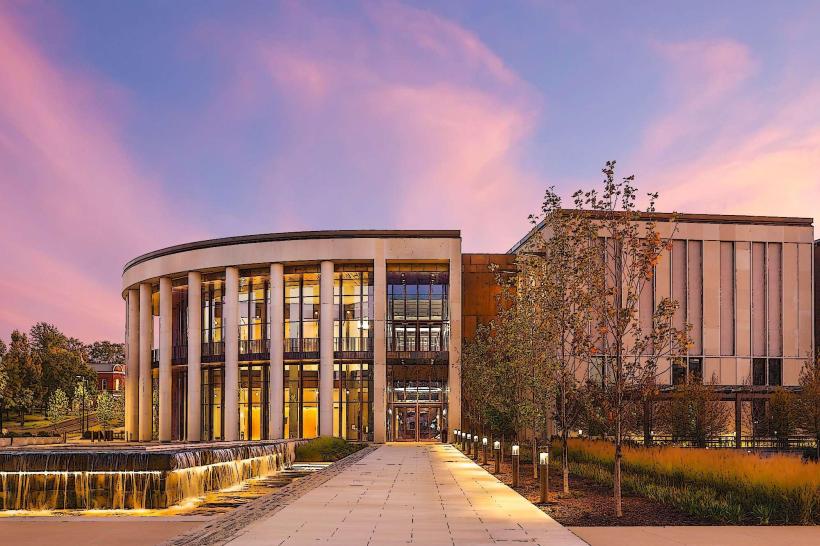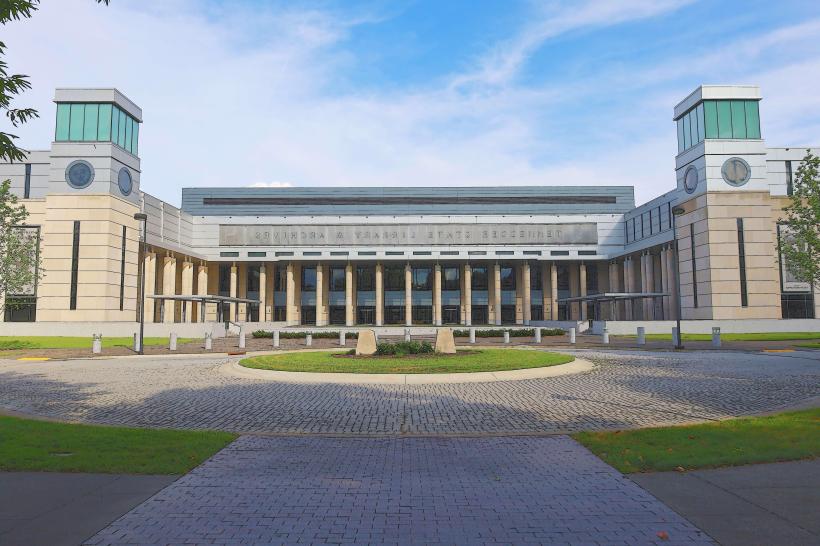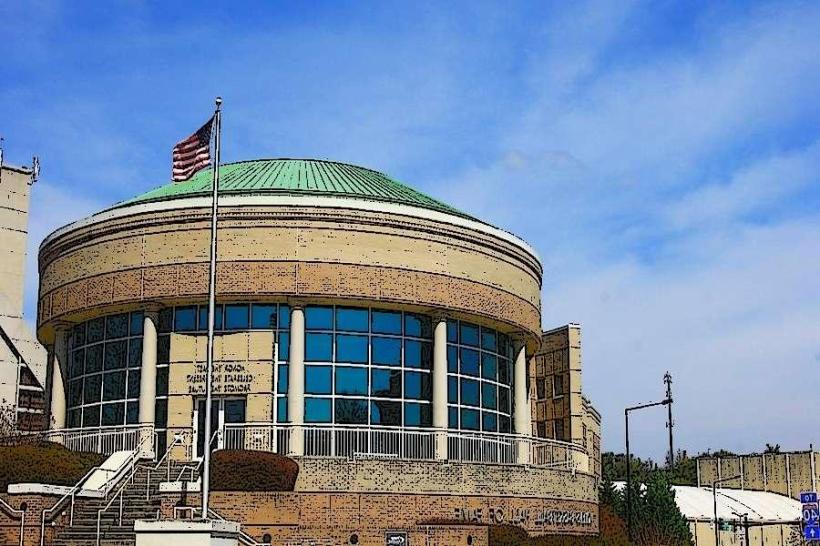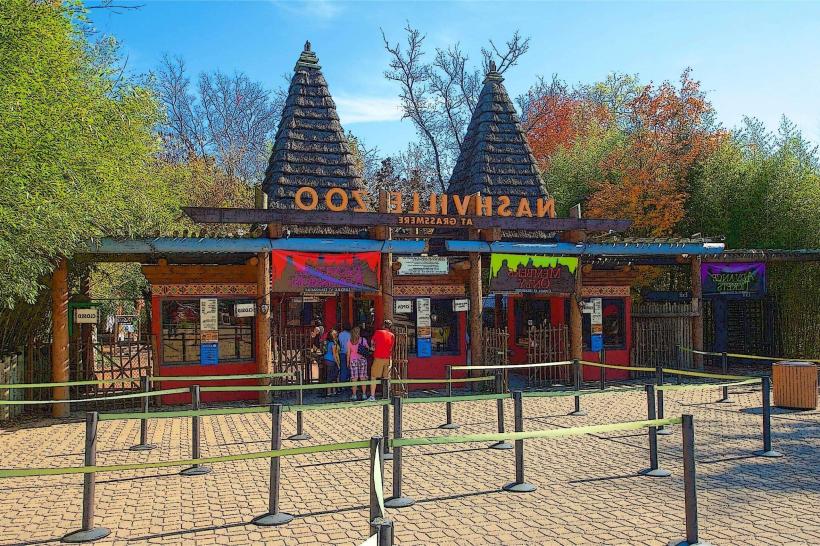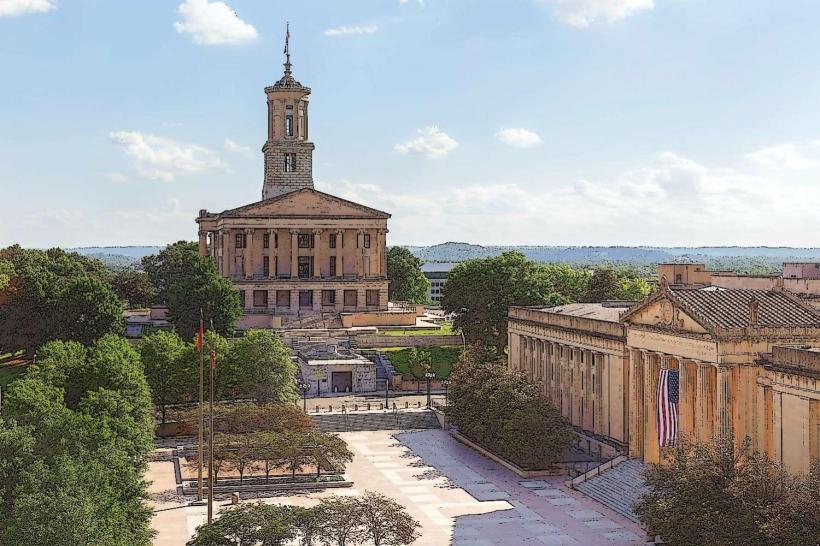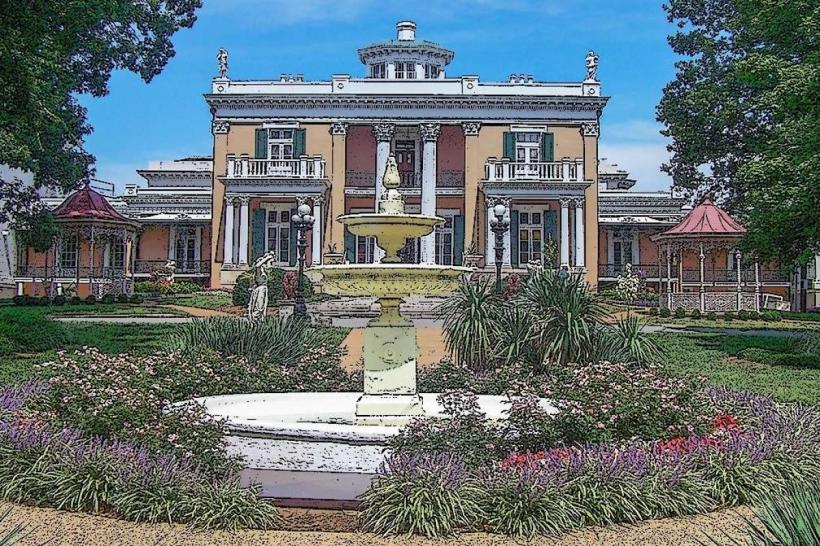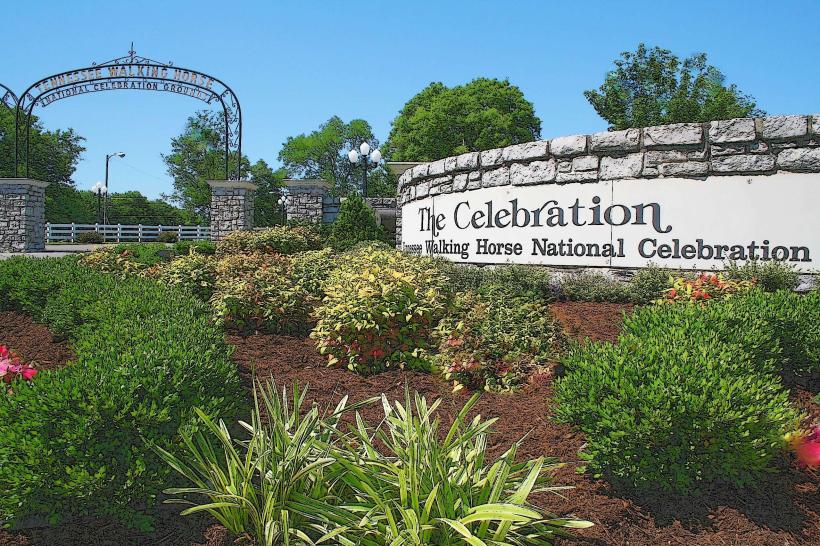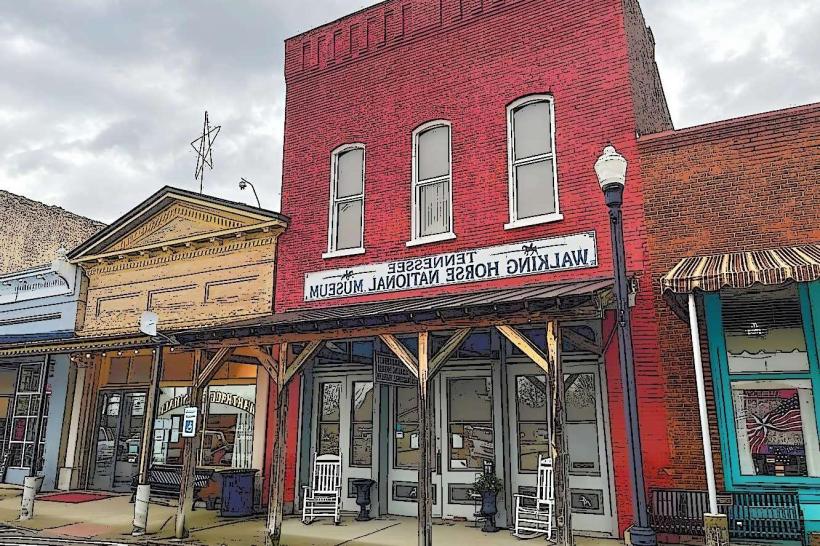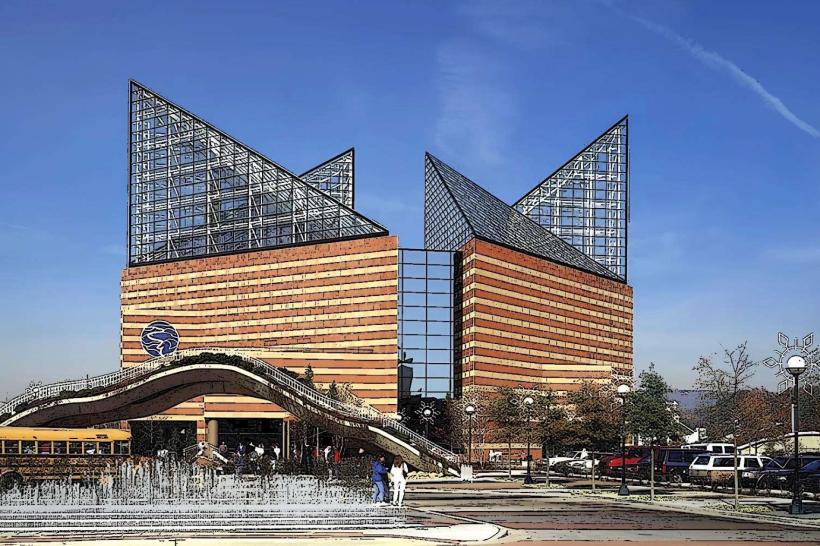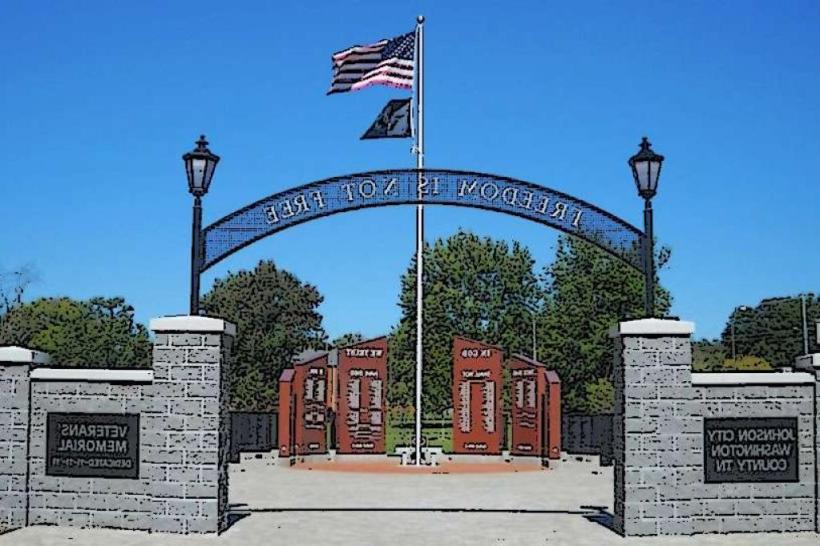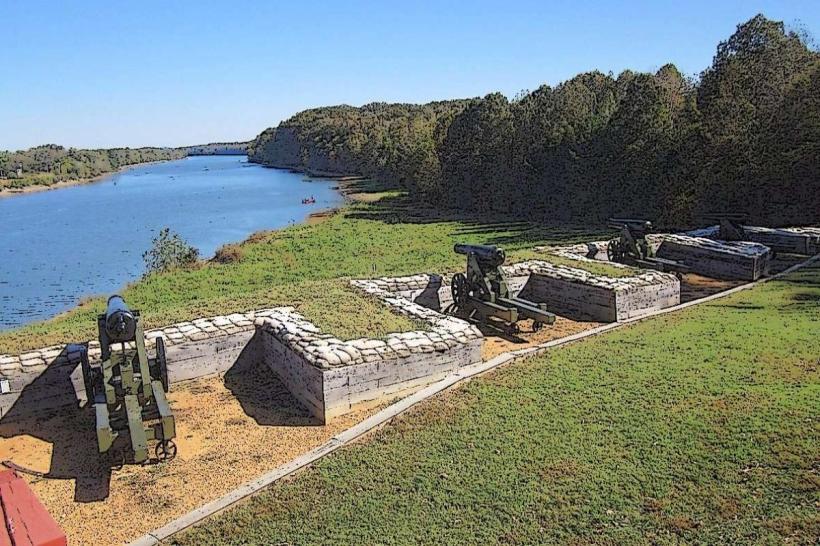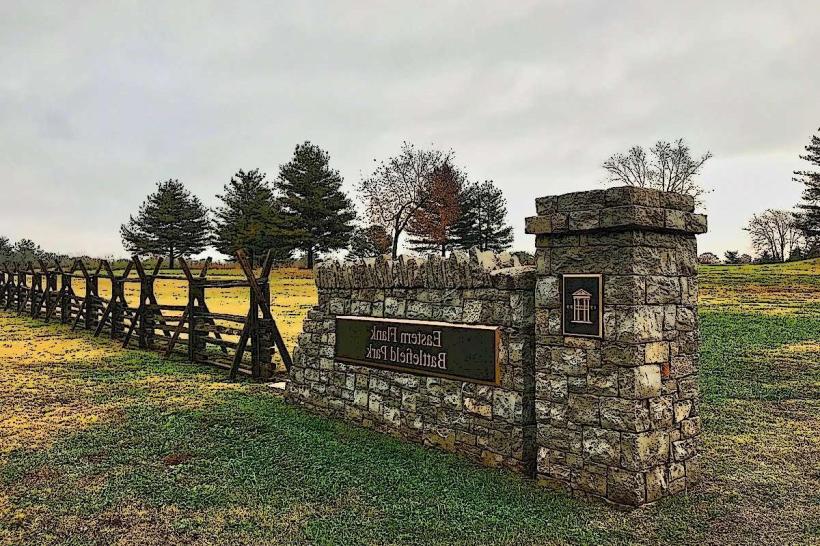Information
Landmark: Andrew Jackson’s HermitageCity: Nashville
Country: USA Tennessee
Continent: North America
Andrew Jackson’s Hermitage, Nashville, USA Tennessee, North America
Andrew Jackson’s Hermitage is a historic plantation and museum located just outside Nashville, Tennessee. It was the lifelong home of Andrew Jackson, the seventh President of the United States (1829–1837), and stands as a significant site for understanding early 19th-century American history, presidential legacy, and plantation life in the South.
Location and Setting
The Hermitage is situated about 12 miles east of downtown Nashville on a sprawling 1,100-acre estate featuring rolling fields, woodlands, and restored historic buildings. The property includes the mansion, outbuildings, gardens, and walking trails that provide visitors with an immersive experience of Jackson’s life and times.
The Mansion
The centerpiece of the Hermitage is the Greek Revival-style mansion built between 1819 and 1821. This two-story brick home with white columns and spacious porches reflects the architectural tastes of the era and Jackson’s status as a prominent American leader.
Inside, the mansion has been carefully restored and furnished with period antiques, portraits, and personal belongings of Andrew Jackson and his family. Guided tours reveal details about the daily life of the Jackson household, including their social activities, politics, and challenges.
Plantation Grounds and Outbuildings
Beyond the mansion, the Hermitage grounds encompass numerous original and reconstructed buildings:
Kitchen and Smokehouse: Facilities that supported food preparation and preservation.
Slave Quarters: Preserved cabins that provide sobering insight into the lives of enslaved people who worked on the plantation.
Stables and Workshops: Areas related to the maintenance of the estate and agricultural operations.
Gardens and Landscaped Areas: Designed for both utility and aesthetic enjoyment.
Historical Significance
The Hermitage offers a comprehensive look into Andrew Jackson’s multifaceted life:
Political Legacy: Jackson’s presidency was marked by controversial policies such as Indian removal, the expansion of presidential power, and populist appeals. The site provides context for these policies and their impact on American history.
Military Career: Jackson was a celebrated general, known especially for his leadership in the Battle of New Orleans during the War of 1812.
Personal Life: The estate reflects Jackson’s family life, his marriage to Rachel Jackson, and his complex character.
Museum and Educational Programs
The Hermitage operates as a museum offering a variety of educational opportunities:
Guided and Self-Guided Tours: Visitors can explore the mansion, grounds, and outbuildings with interpretive materials and knowledgeable guides.
Exhibits: The visitor center houses exhibits on Jackson’s life, the plantation economy, and the lives of enslaved people.
Special Events: Reenactments, lectures, and cultural programs bring history to life throughout the year.
Preservation and Interpretation
The Hermitage is managed with a focus on historical accuracy and respect for all aspects of its past, including the difficult history of slavery on the plantation. Efforts are made to present a balanced narrative, recognizing the legacy of both Jackson and the enslaved community.
Visitor Amenities
The site includes a visitor center with a gift shop, café, and restrooms. Walking trails around the estate offer scenic views and opportunities for reflection.
Accessibility
The Hermitage is accessible by car from Nashville, with ample parking available. It is open daily, with seasonal variations in hours and admission fees.
Andrew Jackson’s Hermitage stands as a vital historic site that offers deep insights into the life of one of America’s most influential and controversial presidents, the realities of plantation life, and the complexities of early 19th-century American society. It remains a place for education, reflection, and understanding of the nation’s past.


